What Is eco Tourism?
Eco Tourism, is a form of tourism that immerses visitors in nature and encourages them to consider and respect their surroundings. It is defined as “responsible travel to natural areas that conserves the environment, sustains the well-being of the local people, and involves interpretation and education” (TIES, 2015)
There is an understanding that whilst tourism is important in raising awareness of ‘at risk’ habitats, it should be implemented thoughtfully to preserve the wildlife and environment for future generations.
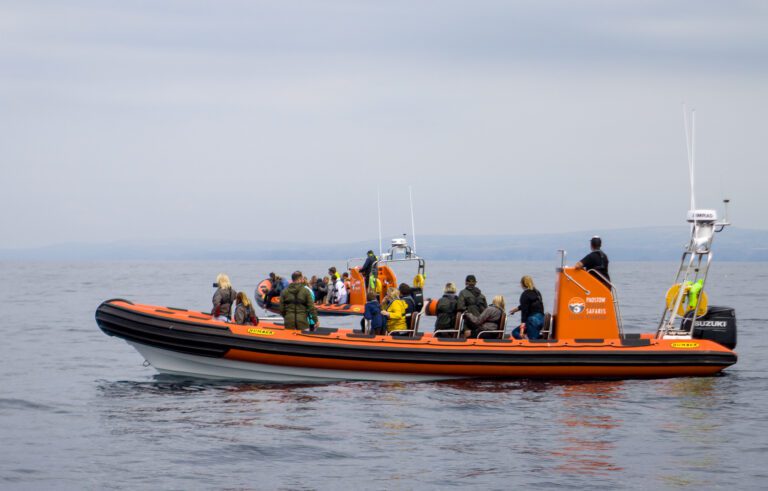
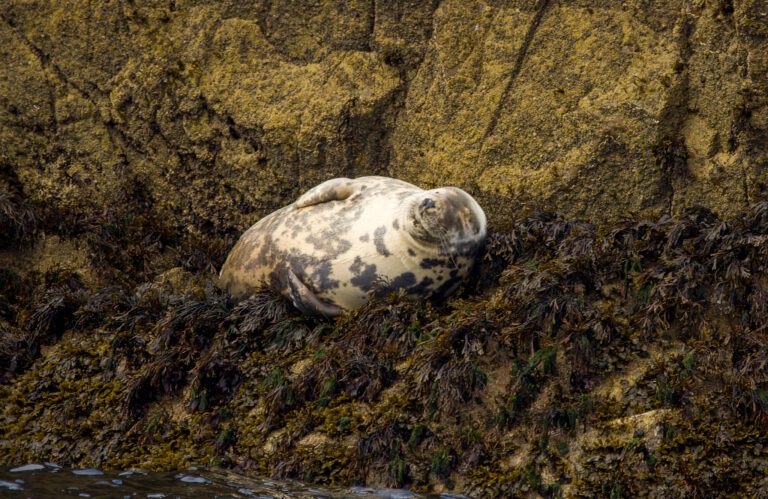
Leaving wildlife as you found it is key with eco tourism. We understand that it is incredibly difficult to visit wildlife in its natural habitat and remain completely unnoticed, but we ensure that by keeping sensible speeds and distances when in the presence of wildlife, reading and responding to their behaviour, our impact on the marine life we are there to enjoy is kept to a minimum, avoiding disturbing them or disrupting their natural behaviours.
Education is another important factor of eco tourism. Not only do we engage passengers with interesting facts about the animals we spot, but we explain impacts affecting their conservation and small ways in which individuals can help.
What Are the Benefits of Eco Tourism Development?
Eco Tourism allows wildlife to continue living, breeding, and enjoying a healthy species population. Each species and habitat have a huge part to play in the vitality of the ecosystem as a whole.
Not just beneficial to nature, Eco Tourism is also important in respecting differing cultures. It opens our eyes to the significance of traditions, behaviours, and religious beliefs. In an increasingly polarised world, this cultural awareness helps us be kinder to others.
Many areas rely on tourism due to the economic benefits and employment it provides. Eco Tourism channels these funds back into the community, whether that’s through conservation schemes or community projects, it empowers local people and businesses.
A major benefit of Eco Tourism and one we often see at Padstow Sealife Safaris, is that visitors fall in love with an area or wildlife species, and in turn support conservation. On our boat trips you’ll spot dolphins, puffins, seals, to name just a few, and you’ll understand why we put all our energy into preserving these incredible species.
Why Is Eco Tourism Important to Us?
The UK is surrounded by water, and marine conservation in Cornwall, and around the UK, is vital. Our crew see the wildlife day in and day out, and we can spot differences in the presence and abundance of different species, recording our sightings to inform science and contribute to conservation policy.
Padstow and North Cornwall is one of the most beautiful areas in the world. It might sound like a sweeping statement but come and see it for yourself. The South West Coast Path and the Camel Trail encourage you to soak up the rugged landscape and endless golden beaches. We are lucky enough to live here, and believe Sustainable Tourism is essential to safeguard Cornwall’s future.
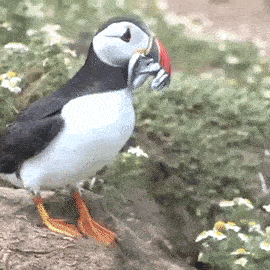
As a locally owned business, we wholeheartedly believe we have the responsibility to ensure this patch of land remains as varied and flourishing as it is now for future generations. Cornwall’s marine conservation is at the top of our agenda and the joy we’ve found from studying North Cornwall’s wildlife has nurtured an innate connection to nature.
Our Environmental Impact
The founder of Padstow Sealife Safaris, Ian, grew up in Padstow and has had a varied career on its waters. Thankfully he now shares his wisdom, and secret spots, with us.
Determined to help the community, Ian and colleague Kev are both volunteer crew for the RNLI Padstow Lifeboat Station. As individuals and as a company, the team are dedicated to helping the community and wildlife through our charity work.
There are many charities in Cornwall that aid wildlife conservation. At Padstow Sealife Safaris we work closely with the Cornwall Wildlife Trust and the Seawatch Foundation recording wildlife sightings from each trip. This helps monitor wildlife populations and flags their changing habits which contribute to scientific data that can be used to inform policy makers.
The Cornwall Wildlife Trust is one of 46 Wildlife Trusts working across the UK. The charity supports ‘Wilder Places’ and ‘Wilder People’, focusing on growing and managing their nature reserves and raising awareness for people to take action for wildlife.
When we get a bit quieter in the off-season, the team gets stuck into projects that support Cornwall’s sea life and landscape. We’re so proud to have a number of team members who spend their winters volunteering for the British Divers Marine Life Rescue, working on the rescue, care and monitoring of Cornwall’s seals.
To ensure we’re doing the best we can for the seal population, we manage catalogues for the Cornwall Seal Research Trust’s photo identification. We photograph seals we spot on our trips, identifying known individuals by their fur patterns and adding new seals to the catalogues. Members of the team also volunteer for the Marine Strandings Network – a flagship project in Cornwall recording stranded marine animals. This helps to examine threats to wildlife, and in turn can allow work towards mitigating these.
We see first-hand the damage plastics do to wildlife. Alongside regular beach cleans, we retrieve plastics and waste fishing equipment whenever we come across it. It may sound like a small task but this has a very real effect in saving the lives of wildlife.
We’re fully behind the ‘Plastic Free Padstow’ initiative which aims to keep Padstow clean and safe for wildlife. You can read about the effects of plastic on wildlife here. Cornwall’s Sustainable Tourism projects are wide-ranging and we have team members involved in a growing number.
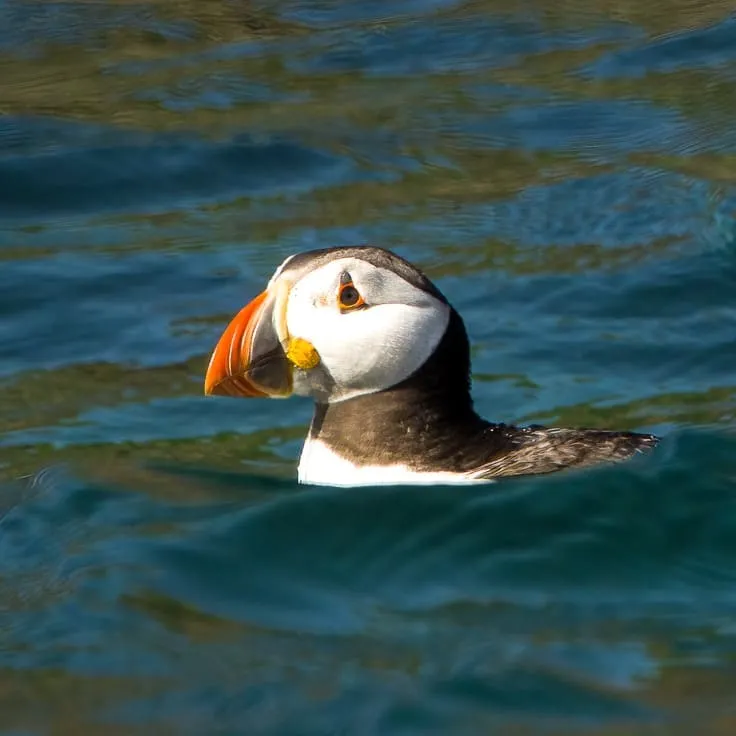
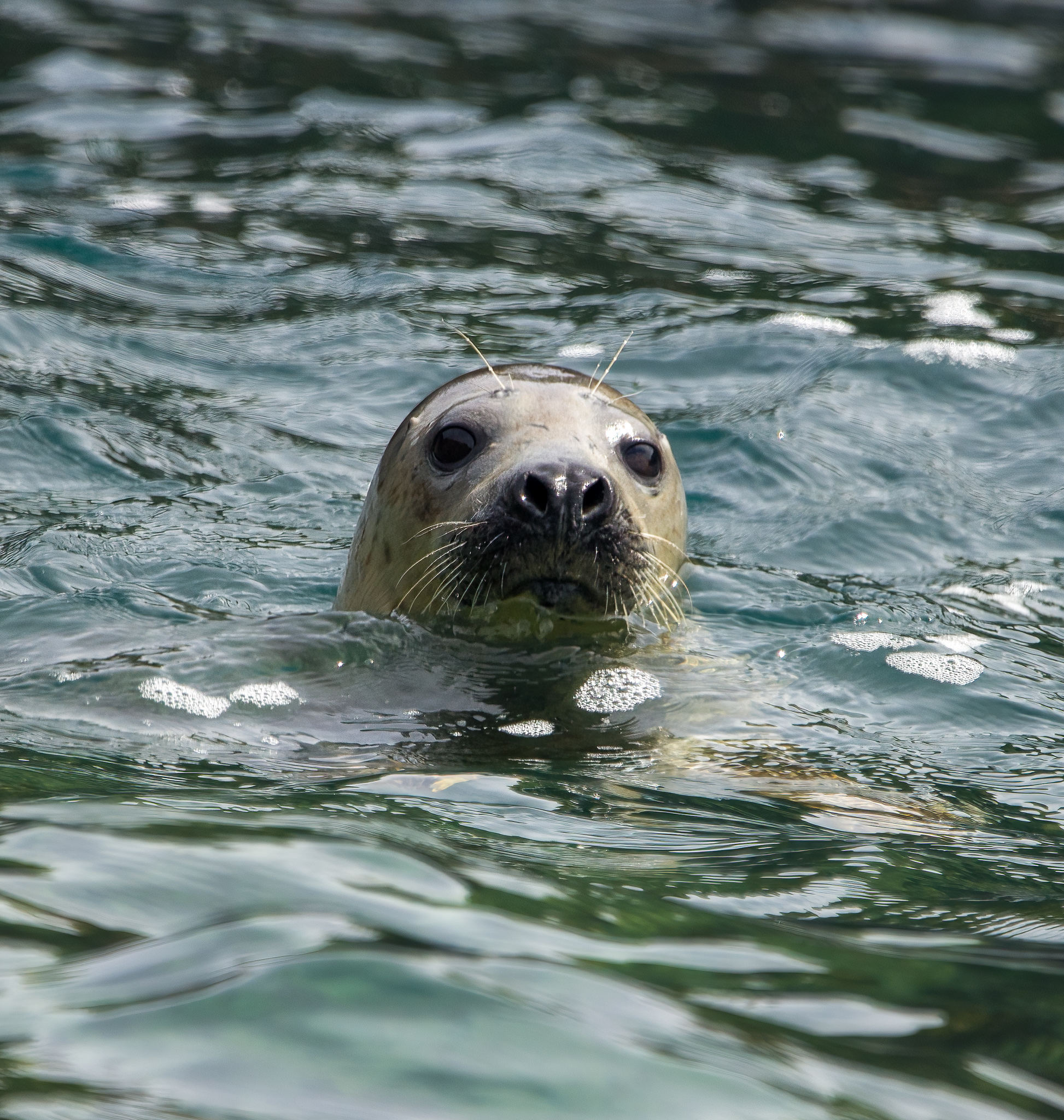
Why We Always Put Wildlife First
It can be tempting to take Cornwall’s beauty and wildlife for granted, as if they will always stay this way. However, the county is in need of protection from building developments, intensive agriculture, water pollution and soil erosion. There are conservation areas in Cornwall; thankfully we have Sites of Specific Interest (SSSIs) and Special Areas of Conservation (SACs) which provide legal protection, but there are vast areas unprotected.
We put wildlife and natural habitats first, because without them our vital ecosystems would collapse. A decline in biodiversity would lead to a future where food supplies are reduced and at risk of pests and disease, and a short supply of fresh water.
At Padstow Sealife Safaris we understand that the slightest change in wildlife’s environment affects the health of that population. We keep a safe distance from all the wildlife we see, from dolphins, whales, seals, puffins, and sharks, we are incredibly careful to not disturb them, but gently engage with them.
Volunteering
Whether we’re on our boat trips or on our days off, you’ll always catch the team in or on the water or volunteering to keep the coast and wildlife safe. There are plenty of ways for you to help out too! Read about a range of volunteering initiatives by the Cornwall Wildlife Trust here.
There are fun and worthwhile projects for people of all ages and abilities. Marine conservation volunteering in the UK is growing quickly, and you can get involved.
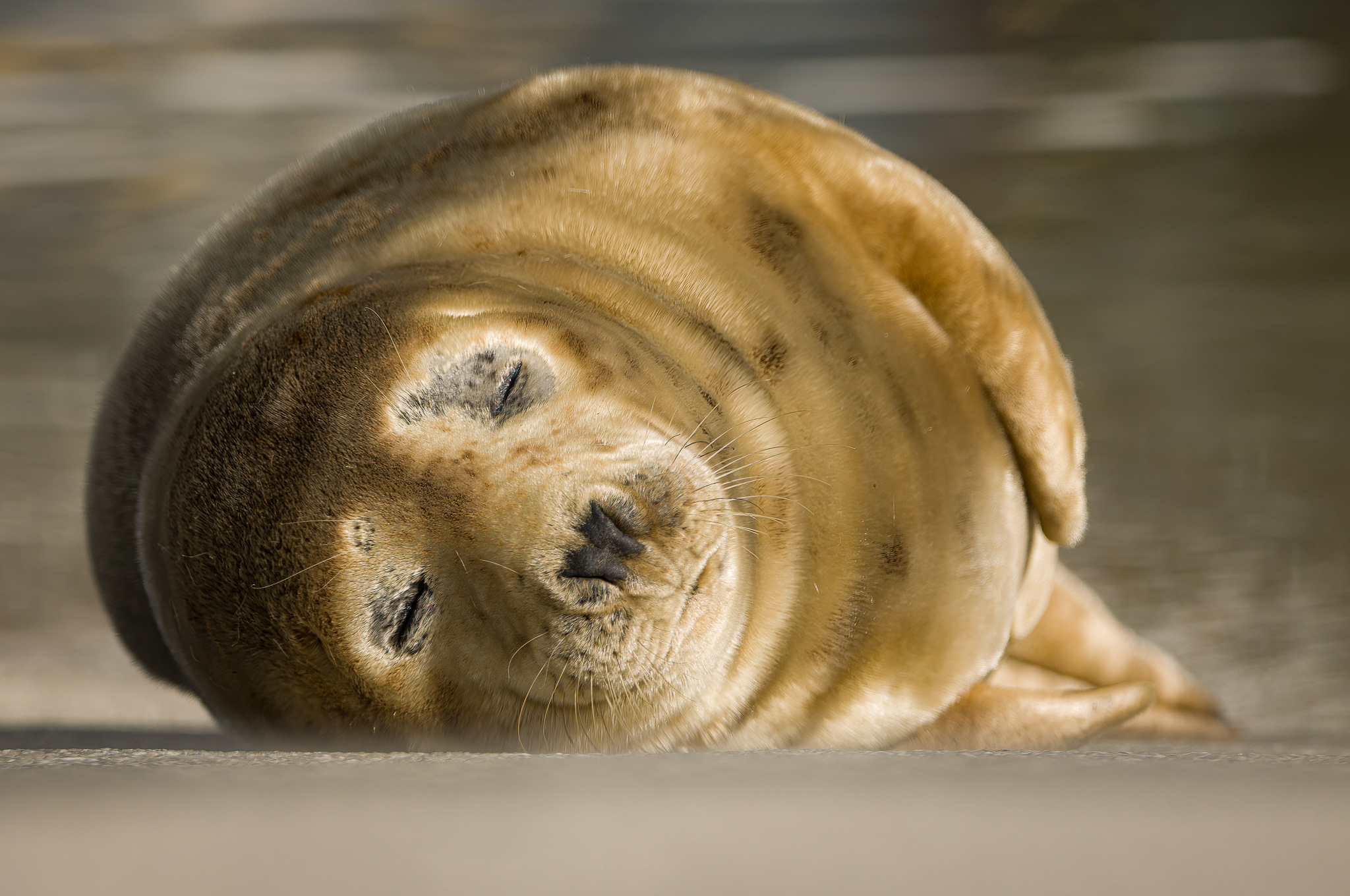
Volunteering with the Seal Hospital
British Divers Marine Life Rescue (BDMLR) has been saving seals since 1988, when a few divers got together to see how they could help with the mass deaths of common seals in East Anglia. Since then BDMLR has grown, and been on hand for every major marine disaster in the UK. Seal rescue is still at the forefront of their work, and Cornwall is one the busiest regions for callouts to seal pups.
The much needed Cornwall Seal Hospital opened in 2021, and ensures each pup gets medical care. It’s a working hospital, so doesn’t take visitors, but is always in need of volunteers. You can become a fully qualified BDMLR Marine Mammal Medic by completing their own courses. If you’d like to visit rescued seals, head to the Cornish Seal Sanctuary.
How to Report Sightings to the ERCCIS?
ERCCIS stands for Environmental Records Centre for Cornwall and the Isles of Scilly. They collate and manage information for use in research and conservation, which results in necessary projects. It’s quick and easy to submit sightings, and no matter how common a species is they encourage everyone to submit their records.
You can volunteer in Cornwall with projects that are already doing wonderful things. Check out Cornwall Wildlife Trust and British Divers Marine Life Rescue to find out more. You can organise beach cleans, donate to conservation charities, and be mindful of how you interact with habitats and wildlife.